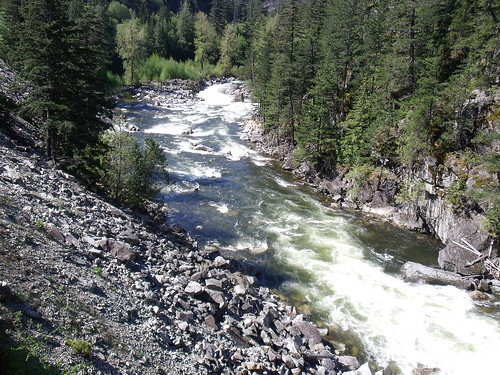Meeting “civilians” (aka non-academics) is incredibly fun because they always ask me challenging questions that sometimes I struggle to answer. These past two weeks I had meetings with Mexican bureaucrats who work for the Secretariat of Environment in Mexico (SEMARNAT), civil society representatives and many academics at a social studies of water conference. These folks usually know more or less the jargon and ask me interesting questions about my work, but lately, I have been finding that people are interested in the elevator pitch: “tell me in 2 minutes or less what you research“.
As someone who prides himself in doing public intellectualism despite its associated and unique challenges, I found myself dumbfounded when I got asked those questions. “I mean, I study the global politics of sanitation. Isn’t that enough information for you?” Well, apparently not. So I’ve been working on an every day basis to jot down thoughts on what I have been finding with my research and whether those insights are accessible to the general public. So here is an attempt to summarize some of my recent research in one of those “less-than-30-seconds” elevator pitches.
In my most recent research project on water privatization in Mexico I have found numerous instances of private water supply at the municipal level towards the end of the 1800s and the beginning of the twentieth century. This is the case, for example, in the city where I live, Aguascalientes, where privatization of water supply occurred towards 1905, but a few years later was then remunicipalized. In 1993, Aguascalientes got into a draconian concession contract that has it locked in a situation of poor water supply. The lack of institutional memory is overwhelming. Have municipalities NOT learned that privatization can have negative consecuences? These insights have helped me counterargue the notion that most water privatization processes are the result of neoliberal policies driven by international Brookings-type institutions and the like. Admittedly, these institutions have pushed for privatization of water supply. But the privatization phenomenon is NOT new, and most definitely, it already had happened even before the emergence of international institutions and neoliberal policies.
Now, every time I reflect on what I have studied so far, I use the “I have found” or “my research proves X idea wrong” or “counter to generally-held beliefs, Y is the actual explanatory variable“. This is something I did on a regular basis while writing my doctoral dissertation, but now as a professor I find it is even more important to keep in mind what I actually find in my work. And to be able to articulate these insights for wider, public consumption.
I’d love to hear from my readers (if you do research) the “elevator pitch” of what you have found. Feel free to chime in on the comments section.


0 Responses
Stay in touch with the conversation, subscribe to the RSS feed for comments on this post.